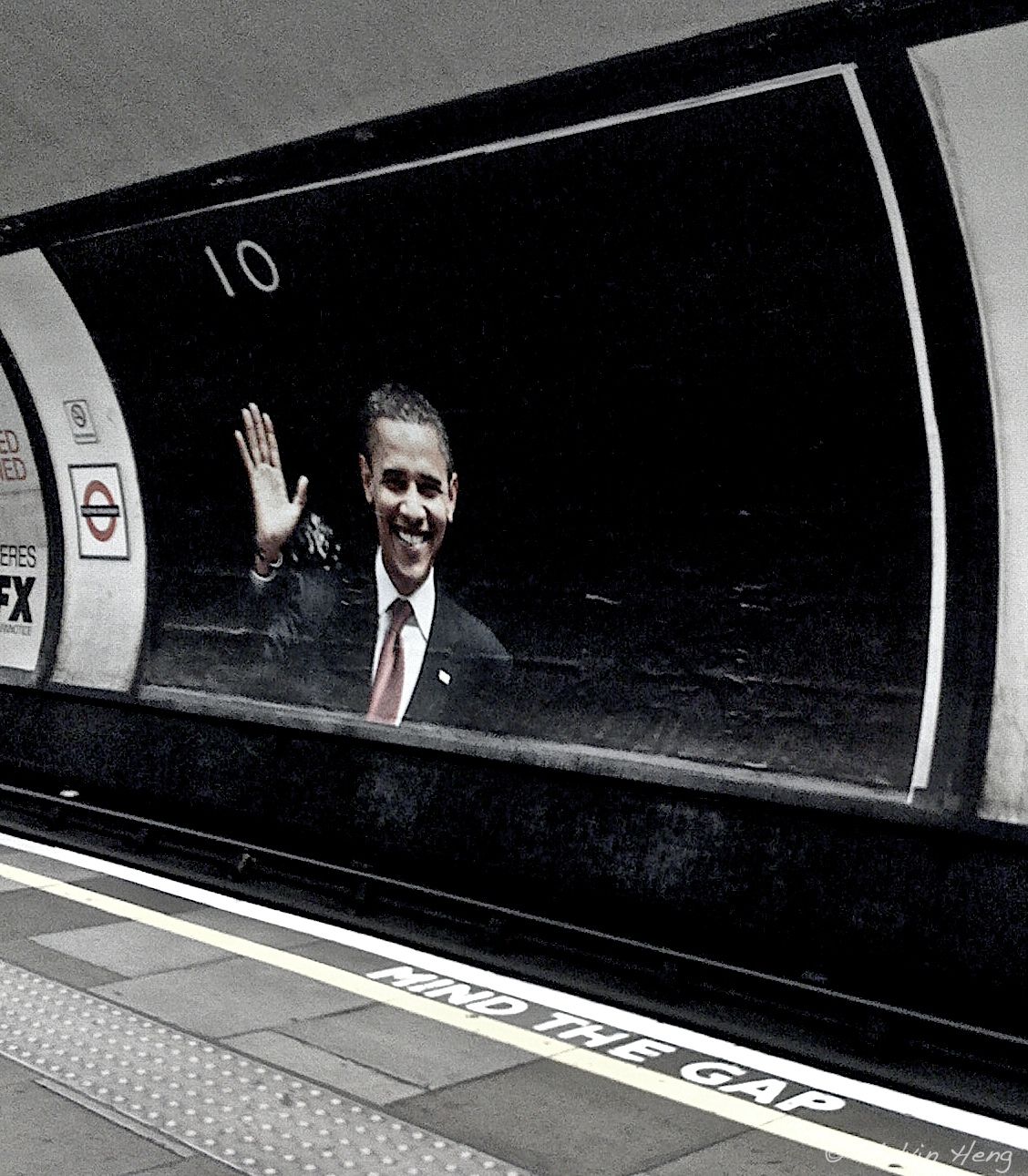President Barack Obama’s intervention in Britain’s EU referendum campaign on Friday 22th April undoubtedly marked the most significant moment in the battle over Britain’s EU membership to date. Obama, who is wildly popular in the UK (around nine months ago, Pew Research Center estimated he had an approval rating of 76% in Britain), announced during a speech in No.10 following a reception with the Queen on her 90th birthday, that should Britain vote to leave the EU, it would be at the ‘back of the queue’ in terms of negotiating a trade deal with the United States. The US President also said it could take up to ten years to negotiate any deal and that being in the EU makes Britain stronger globally, rather than weaker.
Obama’s speech crushed a central argument from the Brexiteers – that Britain, once freed from the obligation of agreeing trade deals as part of the EU bloc, would be able to do so with the world’s fastest-growing and largest economies much quicker than within the EU. This of course has always been a questionable line of argument. For example, the EU, as the world’s largest trading bloc, can certainly demand better terms than Britain could ever hope to on its own. Furthermore, leaders of other countries with whom the Brexiteers wish a post-EU Britain to complete trade deals, such as India, have already stated they would prefer Britain to stay in the EU. Obama’s speech ultimately made the largest dent to date in the argument that leaving the EU will lead to greater trade opportunities for Britain.
Yet much of the Brexiteers problems over the weekend were completely self inflicted. Boris Johnson prides himself on being politically incorrect, yet his comments on Friday (before Obama’s ‘back of the queue’ speech) crossed a line. The Mayor of London and de-facto head of the Vote Leave group described Obama as the ‘part-Kenyan President’ and suggested he had an ‘ancestral dislike for the British Empire’ which he had demonstrated by returning a bust of Winston Churchill early in his presidency which had been in the Oval Office.
Johnson’s argument, that Obama was giving his view on Brexit not because of any belief in the ‘Special Relationship’ or as someone speaking as a friend to the nation, but because he is captivated by postcolonial anger towards Britain’s Empire is at best absurd and at worst, racist. Johnson’s comments run the risk of further toxifying the Eurosceptic movement as they underline a suspicion held by many that the predominantly right-wing Vote Leave organisation is motivated by national chauvinism, xenophobia and bigotry rather than Britain’s material interest. In order to win the referendum, Vote Leave know that to reach over 50% they need to appeal to a wide range of cleavages outside their typical base such as Labour voters, ethnic minorities, women and young people. Seemingly no attempt has been made thus far to do this and the weekend has underscored in many ways how narrow the Eurosceptic appeal actually is – reduced to flag-waving and McCarthyite name-calling about people who purportedly ‘hate Britain’.
Rather than being merely a significant moment in the referendum, Obama’s speech actually dealt a large blow to Euroscepticism which has been rife for over two decades. Having their case rubbished by a hugely popular global statesman during a high profile visit only reflects that their position is a leap into the unknown – and will always be. One source of anger for many who are in favour of staying in the EU is how Eurosceptic arguments go unchecked in a print-media industry wholly sympathetic to them. Obama’s speech has highlighted how the referendum has provided a good opportunity thus far for an airing of the other side’s views – and it is clear that Vote Leave are not liking the increased balance one bit. Their response to Obama’s relatively measured speech resembled children throwing their toys out the pram. To put it another way and quote Lance Corporal Jones from TV comedy Dad’s Army: ‘They don’t like it up ‘em!’. Nigel Farage was outraged, accusing Obama of ‘talking down Britain’ (the horror!) while Liam Fox quite brilliantly accused the President of the United States and leader of the free world of being ‘irrelevant’ to the debate (a claim which was itself made irrelevant when presidential hopeful Hillary Clinton also announced she supported Britain’s continued membership of the EU). Another ‘outer’, MP Nadhim Zahawi, when questioned who Vote Leave could claim to their side to match Barack Obama, seemingly without a soupçon of irony, cried ‘the CEO of [clothes retail outlet] Next!”.
Despite the often comical nature of the Vote Leave camp this is definitely not time for complacency. Whilst political betting website Betfair currently predicts Britain to vote to stay in by a margin of over 40%, opinion polls are much narrower. Whilst this was a terrible weekend for Brexiteers, there is still two months until polling day, and anything can happen during that time. The Stronger In campaign have done a good job so far of demonstrating the inherent risk in voting the leave the EU and the primarily economic benefits of EU membership. It is important they keep doing so and avoid territory which is more favourable to Vote Leave, such as immigration. Whilst the referendum is shaping up well for those who want to remain in the EU, it could sharply turn into a nasty discussion about migrants and foreigners, the consequences of which could last well beyond June 23rd.
You can download the article in PDF here.
Paul Stocker (1989)is from the UK and is currently completing a PhD in History, researching the British far-right.


